Ellevate Network
Americans are still working too hard and too long. The average American puts in 258 more hours per year than the average European.
Read the entire article here: https://www.linkedin.com/pulse/why-its-time-buck-247-work-trend-kelli-richards/





